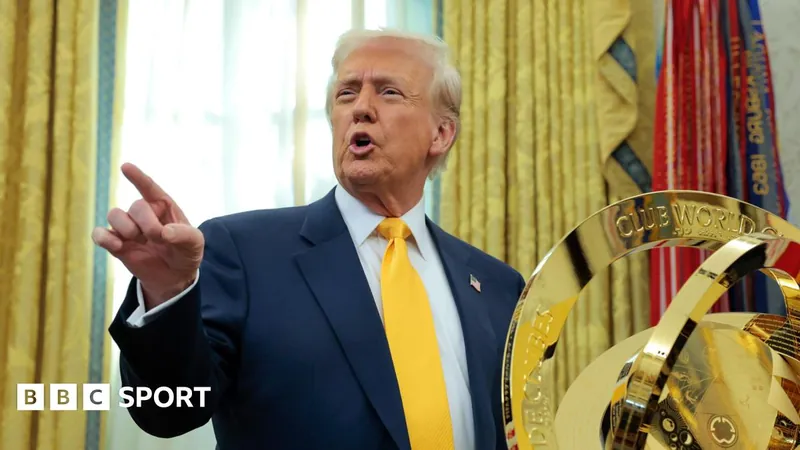
How Trump's Tariffs Could Change the Game for Sports
2025-04-03
Author: Benjamin
The Impact of Tariffs on the Sports Industry
When Lynn Calder, head of Ineos Automotive, described the potential impact of U.S. tariffs as 'the difference between life and death,' it was a stark indication of the far-reaching consequences these trade policies could have—not just on manufacturing but also on the sports industry. Calder's company, backed by Manchester United minority owner Sir Jim Ratcliffe, is now bracing for a possible 25% tariff on vehicles exported to the U.S., which she says puts them 'vulnerable to tariffs' without urgent political action.
President Donald Trump's introduction of tariffs has sent shockwaves through various sectors, and the sports industry is no exception. With major sporting events like the 2026 World Cup and the 2028 LA Olympics on the horizon, businesses of all kinds are increasingly wary. These high-profile events typically offer brands a golden opportunity to enhance visibility and increase sales. However, the shifting landscape could deter investment from overseas companies hesitant to engage if the cost of doing business in the U.S. escalates.
For instance, Hyundai Group, which recently inked a significant sponsorship deal with FIFA, might reconsider its strategy going into the World Cup. Sports event strategist John Zerafa emphasized that many sponsors might now be reevaluating their marketing strategies in light of the new trade barriers. 'Why would a sponsor invest millions if their ability to sell in America is inhibited?' he questioned.
Brands like Nike, Adidas, and Puma, which heavily depend on materials sourced from Asia, are already feeling the pinch. Recent drops in their stock prices reflect fears that increased import costs will ultimately be passed down to consumers. Yet, industry expert Kieran Maguire offers a glimmer of hope, suggesting that the overall impact on retail prices may not be as severe. For example, a $100 sports jersey's manufacturing costs are relatively low—merely $12-$15—which means even a 40% tariff would only add around $4 to the retail price. Consequently, Maguire believes that consumer demand should remain stable despite potential price hikes.
The European Sponsorship Association is staying vigilant, ready to assess the impact of these tariffs on the sponsorship community. They’ve indicated that they will actively monitor any signs of negative repercussions on the industry.
Geopolitical Tensions and Sports Events
Moreover, the looming tensions from Trump’s tariffs add a layer of complexity to the atmosphere at upcoming sports events, especially with the Ryder Cup scheduled in the U.S. this year. There’s the potential for heightened anti-European sentiment among American fans, especially given the current friction between the U.S. and the EU.
Trump's tariffs extend to Canada and Mexico, the U.S.'s largest trading partners, raising questions about cooperation in areas essential for events like the World Cup. Trump himself has remarked that the existing political and economic friction could actually enhance the excitement of the tournament, but skepticism remains. Many worry that the ongoing tensions could complicate aspects such as security and fan access, with logistical challenges tied to border crossings likely to loom large.
The situation could also trigger renewed anti-American sentiments, especially in neighboring Canada. Past incidents—such as the Canadian audience booing the U.S. anthem during NBA and NHL games—could resurface, impacting fan experiences at international events.
The Future of Sports Sponsorship and Tariffs
As international trade relationships continue to evolve, the potential consequences for sports events are important to watch. Zerafa notes that hosting global events typically aims to convey a message of openness—something that seems at odds with the protective stance adopted by the Trump administration.
Meanwhile, the International Olympic Committee (IOC) is optimistic that Trump's passion for sports will prevent geopolitical issues from disrupting preparations for the Los Angeles Olympics.
On the brighter side for the Premier League, its lucrative £2 billion television deal with NBC may remain insulated from tariffs since it’s classified as a service, not a product. Nevertheless, the overall economic climate remains a concern, particularly regarding consumer spending power amid fears of recession.
In a nutshell, as Trump's tariffs shake up industries across the board, the sports world is bracing for a potential transformation, rife with challenges but also opportunities for adaptation. Could these tariffs redefine the way companies engage with sports in America? Only time will tell.


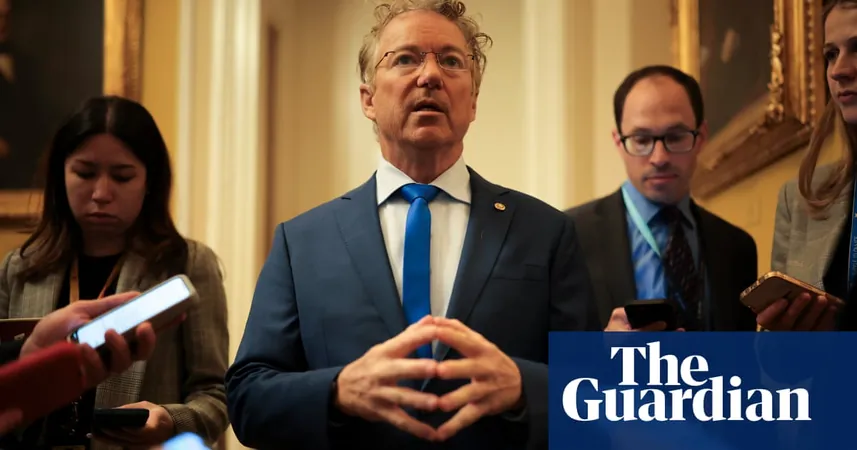
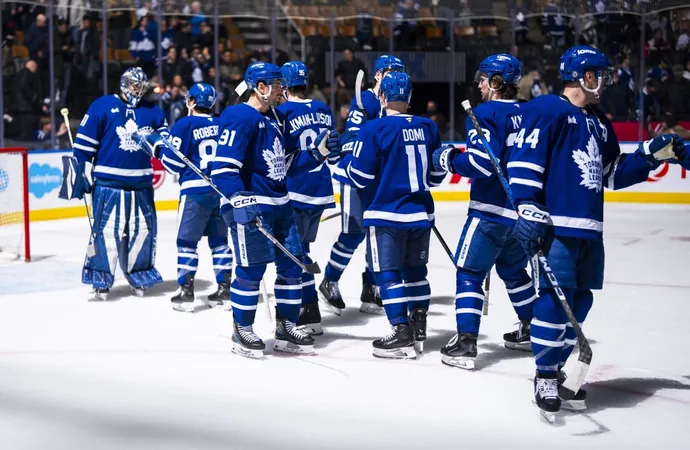
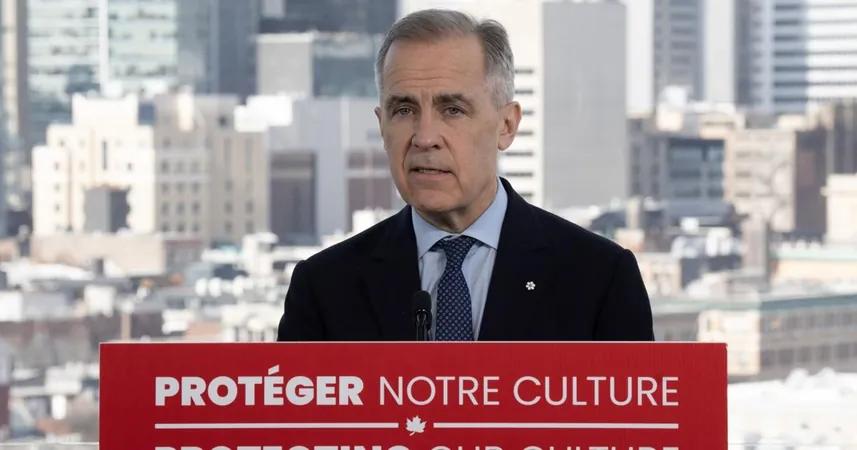
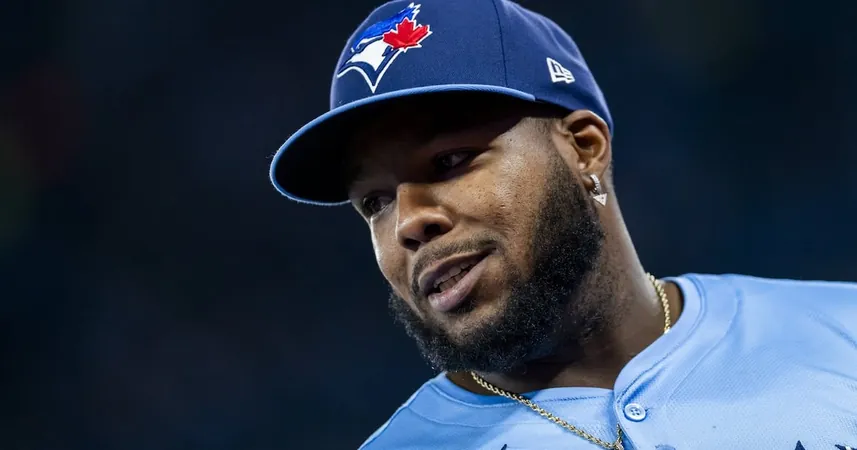
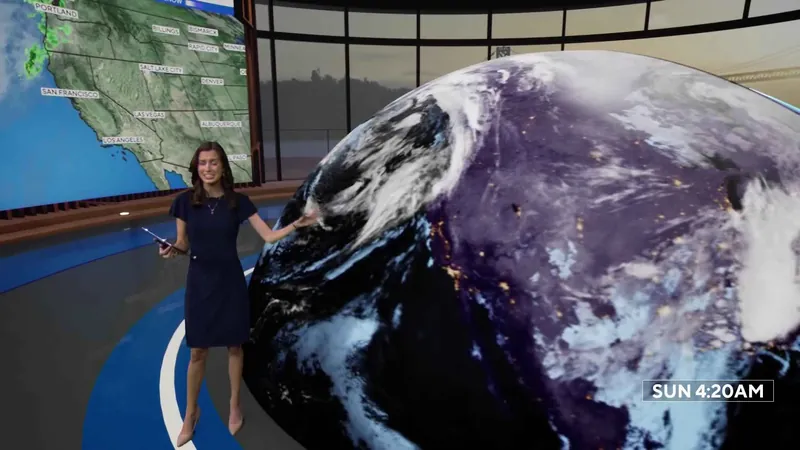


 Brasil (PT)
Brasil (PT)
 Canada (EN)
Canada (EN)
 Chile (ES)
Chile (ES)
 Česko (CS)
Česko (CS)
 대한민국 (KO)
대한민국 (KO)
 España (ES)
España (ES)
 France (FR)
France (FR)
 Hong Kong (EN)
Hong Kong (EN)
 Italia (IT)
Italia (IT)
 日本 (JA)
日本 (JA)
 Magyarország (HU)
Magyarország (HU)
 Norge (NO)
Norge (NO)
 Polska (PL)
Polska (PL)
 Schweiz (DE)
Schweiz (DE)
 Singapore (EN)
Singapore (EN)
 Sverige (SV)
Sverige (SV)
 Suomi (FI)
Suomi (FI)
 Türkiye (TR)
Türkiye (TR)
 الإمارات العربية المتحدة (AR)
الإمارات العربية المتحدة (AR)